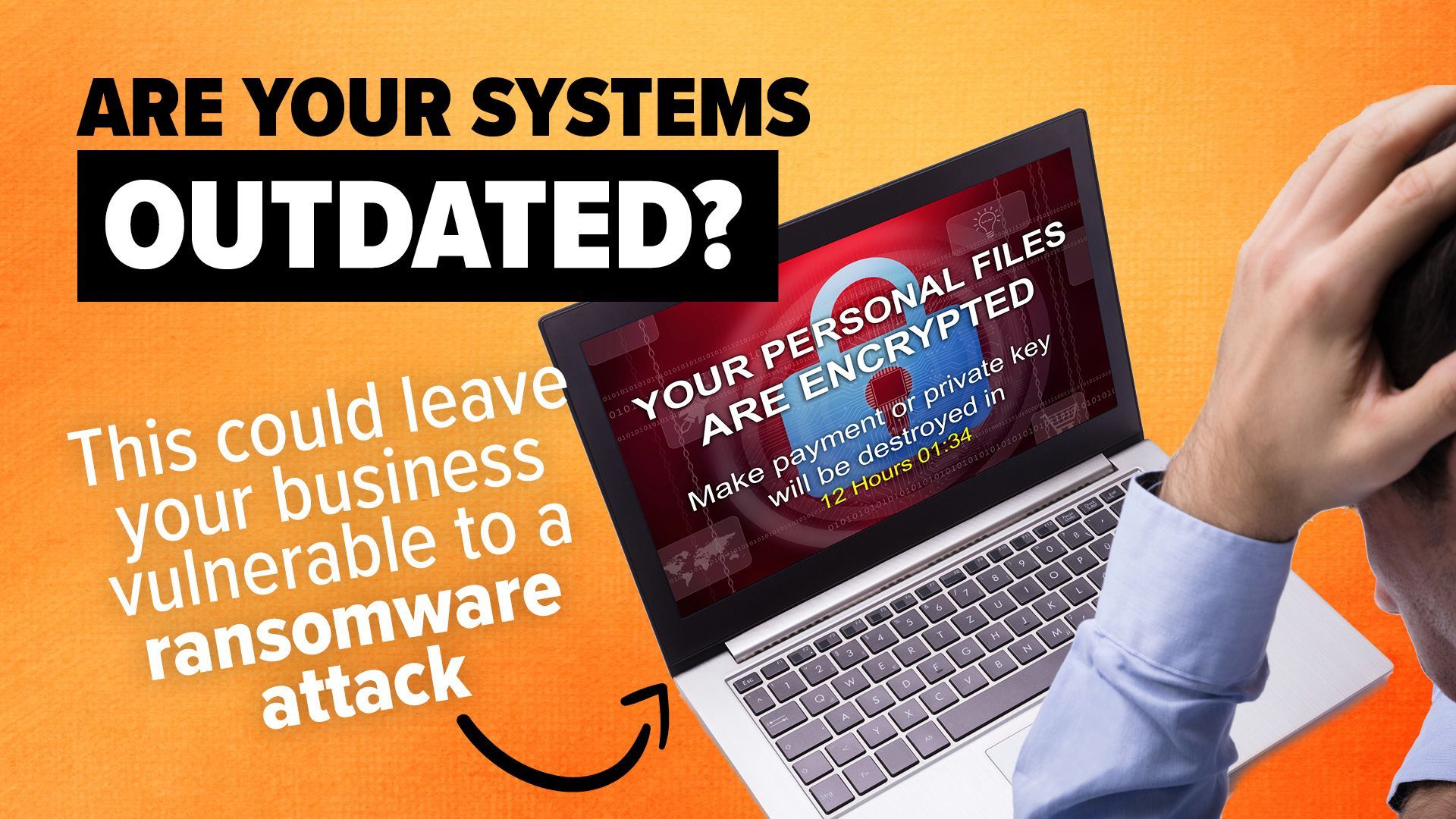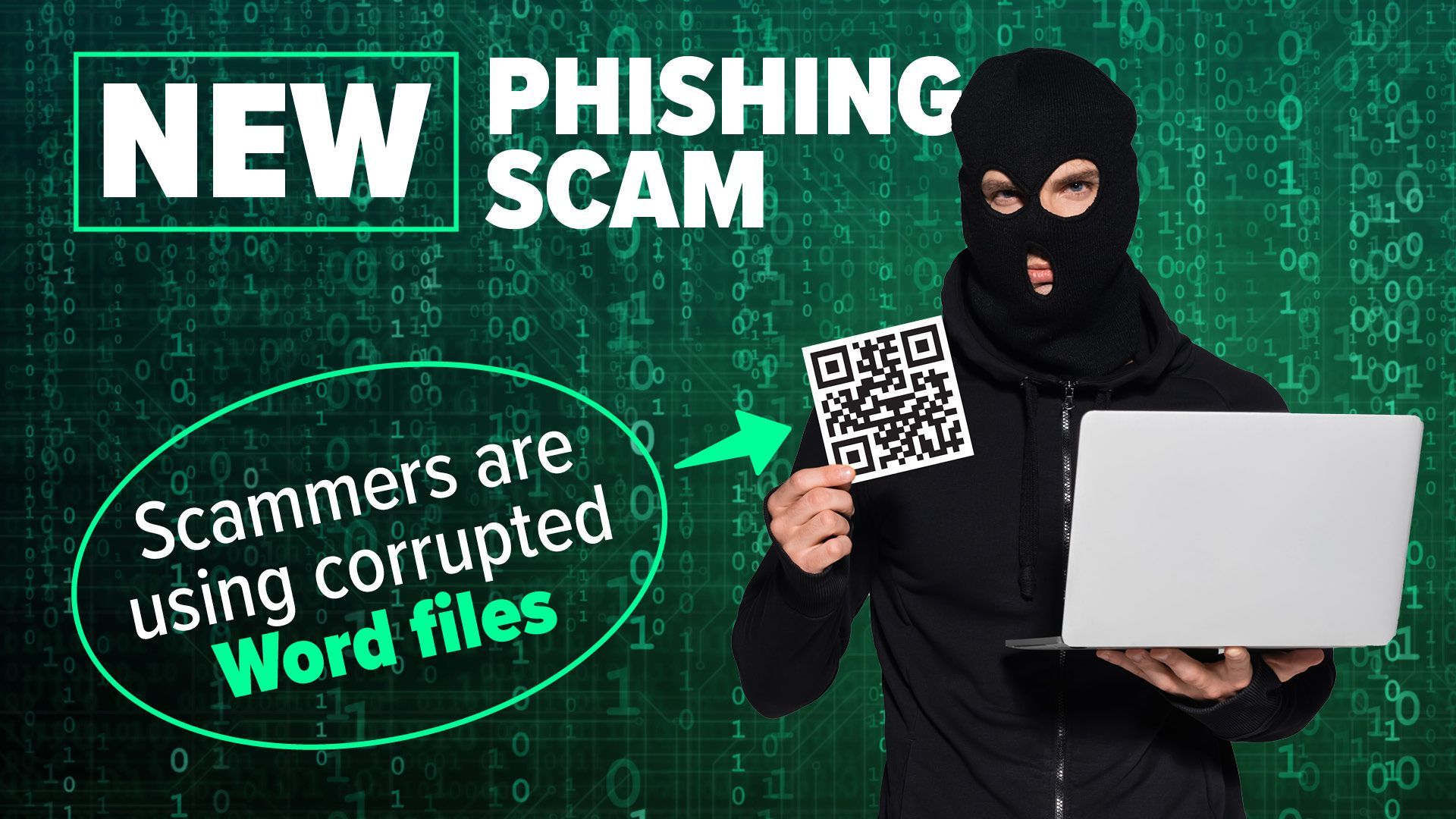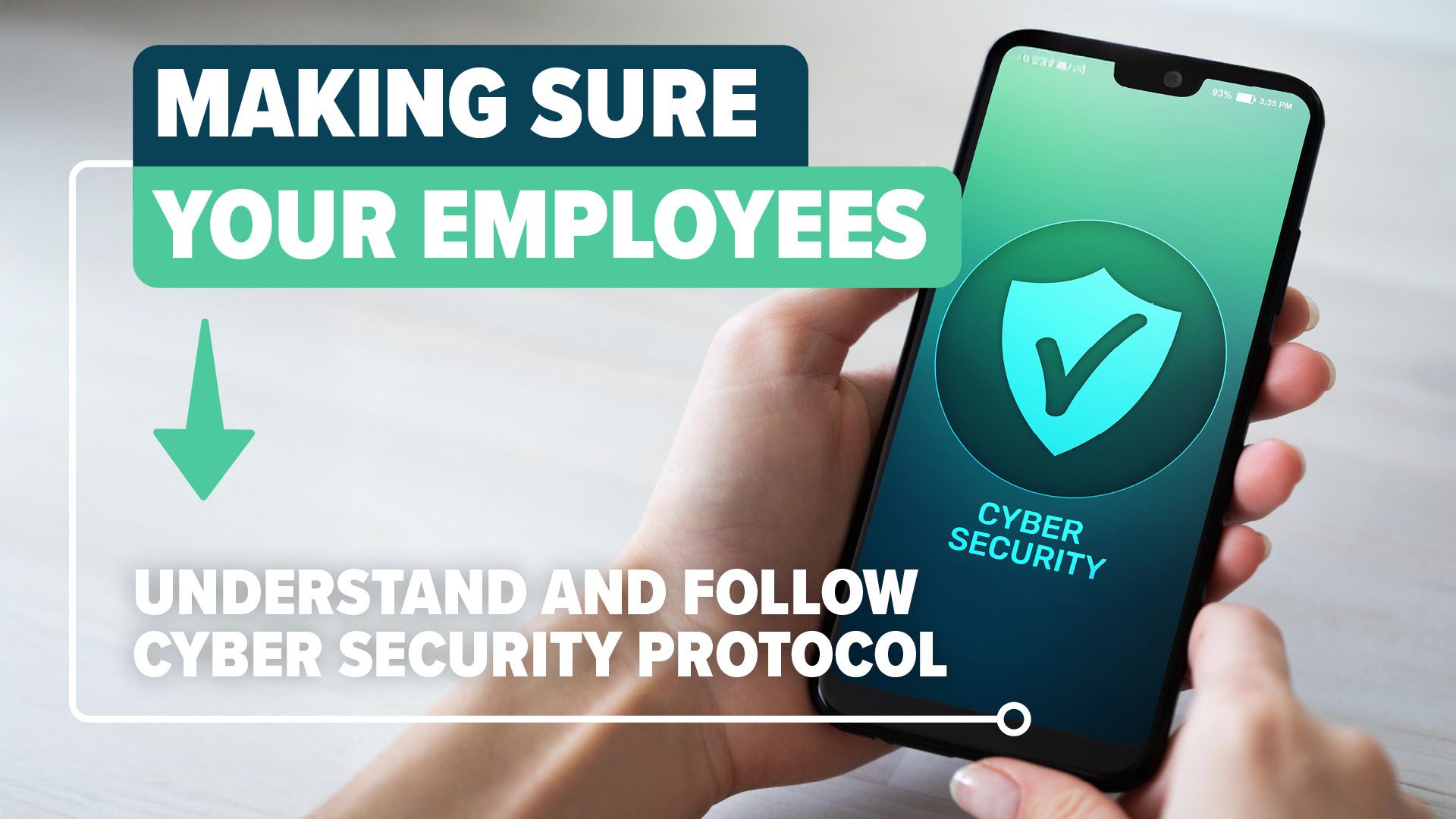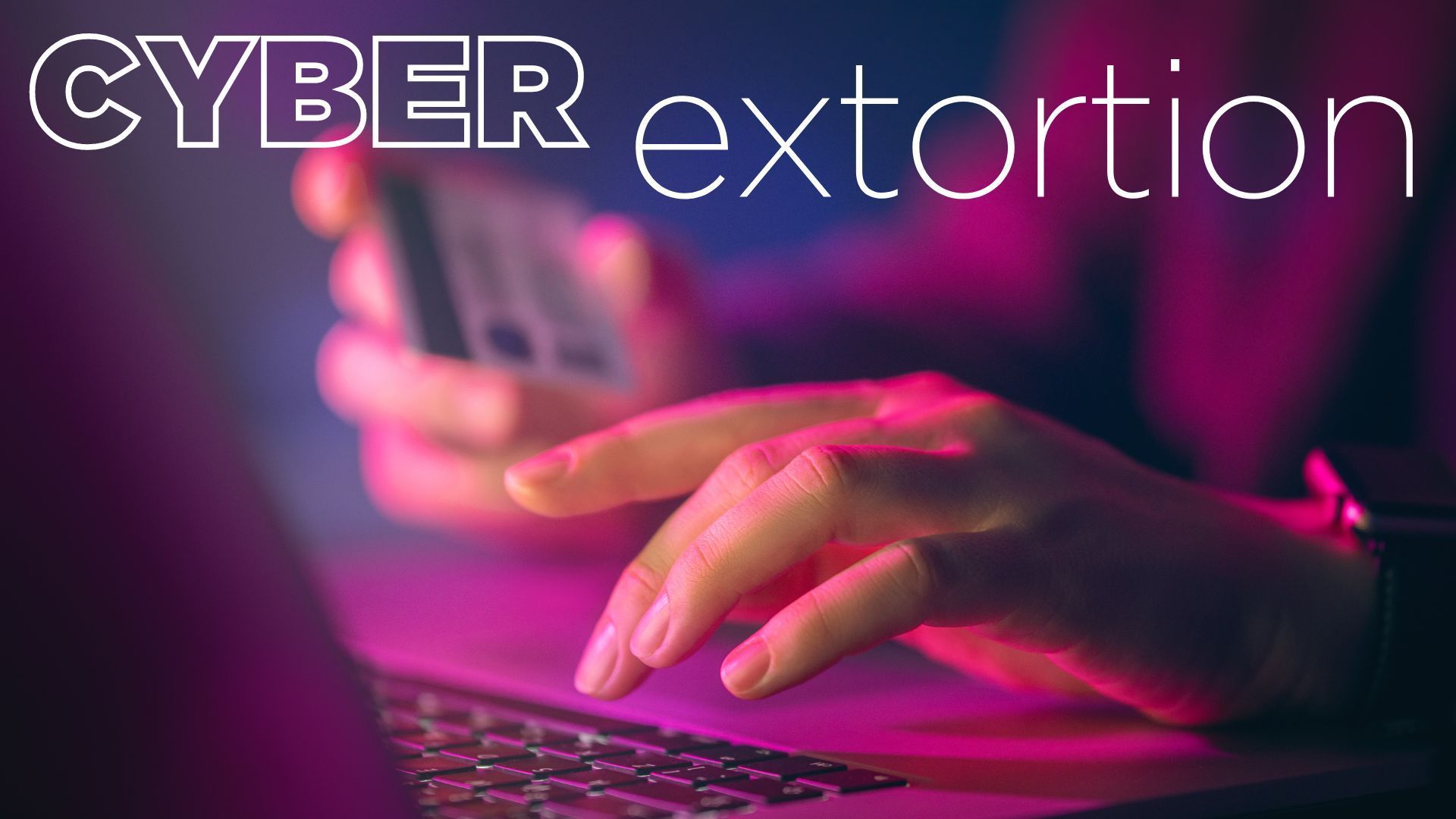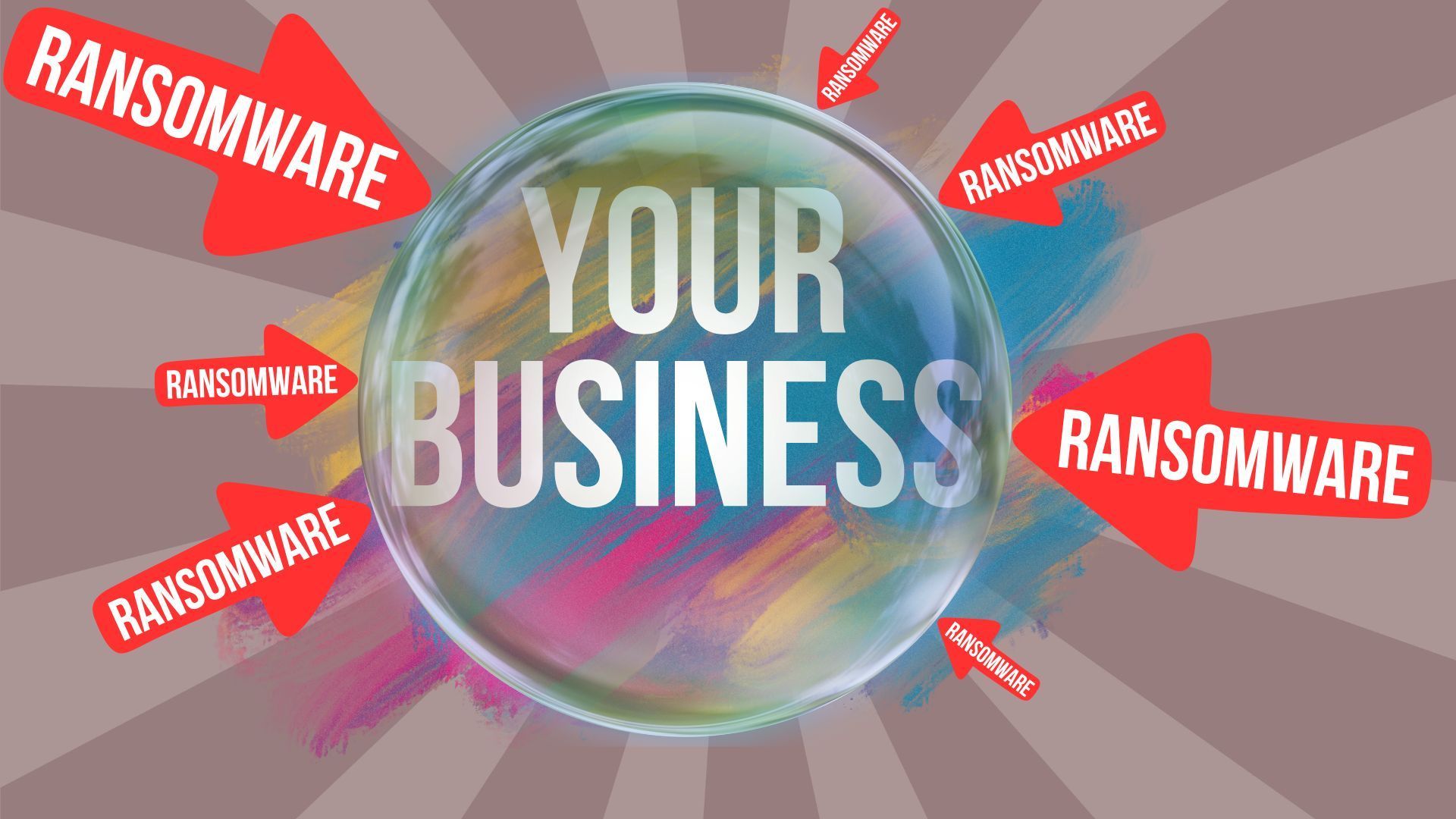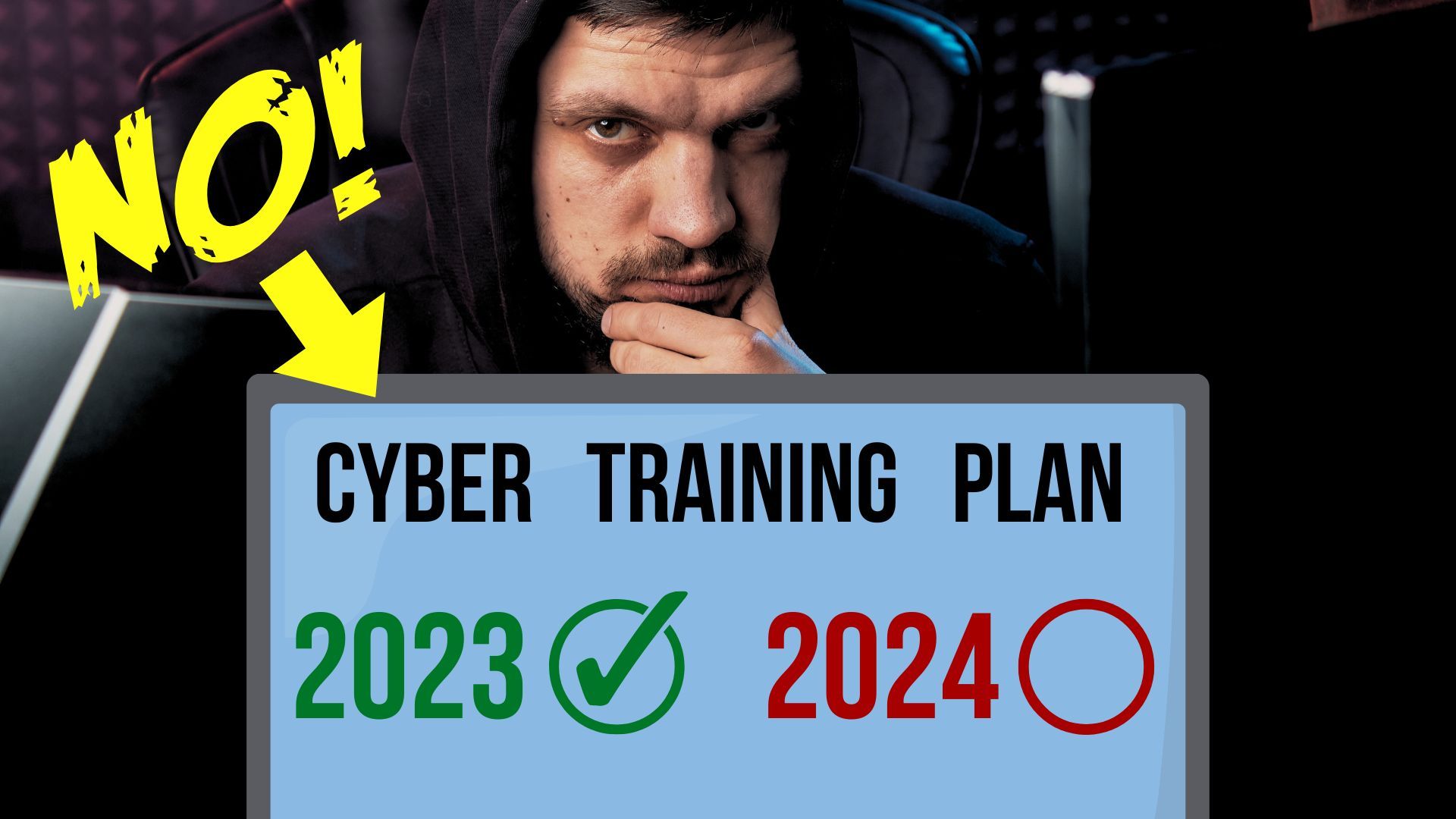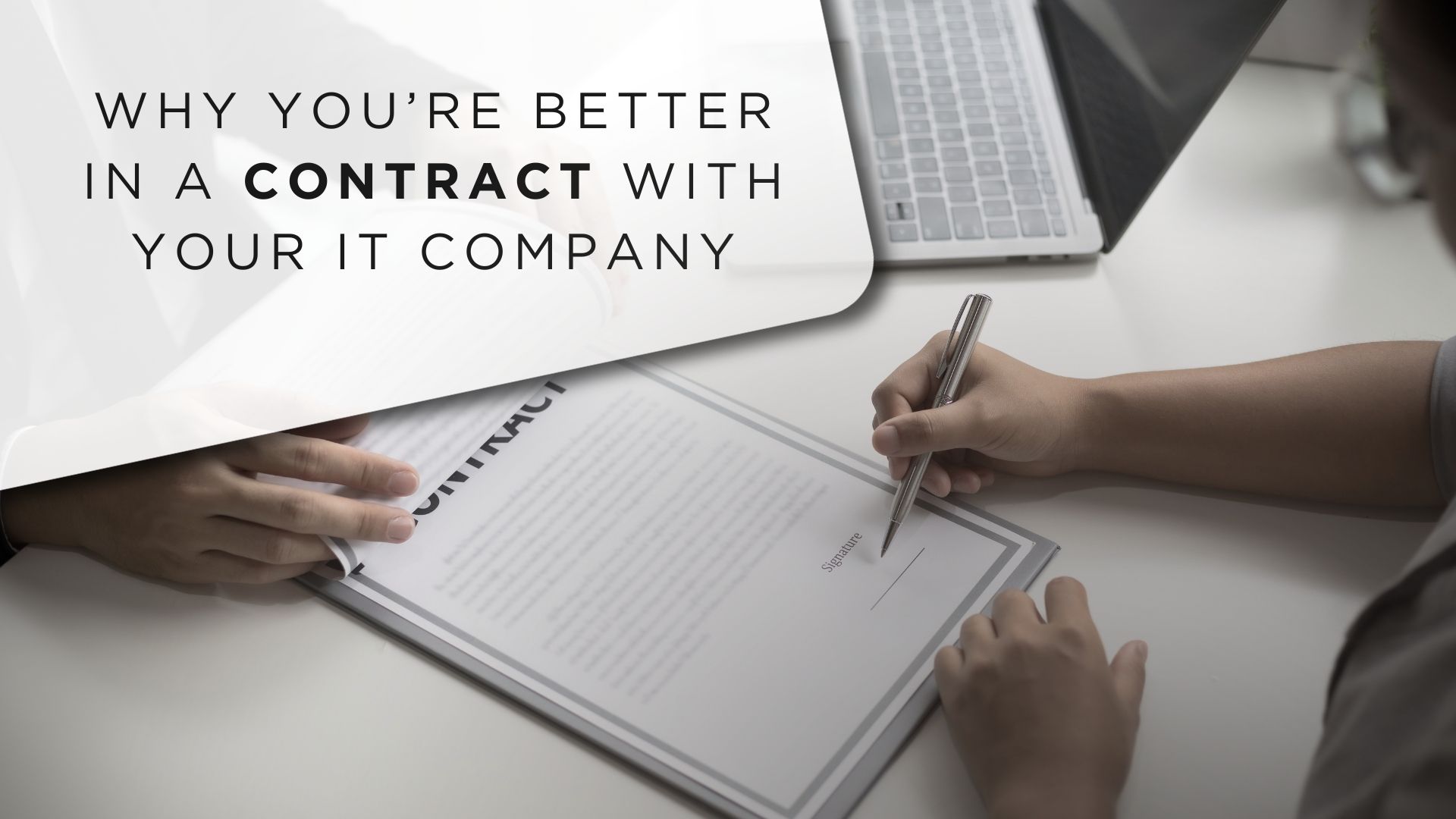Why Weak Passwords Are One of Your Business’s Biggest Security Risks
Weak passwords remain one of the most common—and preventable—cybersecurity threats facing businesses today.
Cybercriminals are becoming increasingly sophisticated, and even one compromised password can lead to serious consequences. Once inside, attackers can access sensitive data, financial records, or even take control of your systems.
Many hackers use automated tools to launch what's known as brute-force attacks, rapidly testing millions of password combinations in seconds. If your password is something like “Password123” or “CompanyName2025,” you're making it alarmingly easy for attackers to break in.
What Can Happen When a Password is Compromised?
- Data breaches
- Financial loss
- Identity theft
- Reputation damage
Creating Strong Passwords Without the Headache
A strong password acts like a secret formula—known only to you—and should be complex enough to withstand cracking tools. Here’s what a secure password should include:
- At least 14 characters (longer is better)
- A mix of uppercase and lowercase letters
- Numbers and symbols (like @, %, or &)
- No common words or easily guessed details (names, birthdays, the word “password”)
Rather than relying on a single word, consider using a passphrase—a short, memorable sentence that’s difficult to guess but easy to recall. For example, instead of “Sailing2025,” a more secure choice would be “Coffee&CloudsAreGreat9!”
Common Password Mistakes to Avoid
- Using personal information (names, birthdays, company names)
- Reusing the same password across multiple accounts
- Relying on simple sequences like “123456” or “abcdef”
- Writing passwords down where others can find them (e.g., sticky notes)
Simplify with a Password Manager
If the idea of remembering a unique password for every account feels overwhelming, consider using a password manager. These tools:
- Generate strong, unique passwords
- Store them securely in encrypted vaults
- Autofill login credentials when needed
You only need to remember one strong master password—the manager handles the rest.
Don’t Forget Multi-Factor Authentication (MFA)
Even the strongest password isn’t enough on its own. That’s why multi-factor authentication (MFA) is essential. MFA adds a second layer of protection—typically a one-time code sent to your phone or generated by an authentication app—to verify your identity.
Build a Strong Password Policy for Your Team
If your employees have access to business systems, having a formal password policy in place is a smart move. It should cover:
- Unique passwords for each account or system
- Regular employee training on password best practices
- Mandatory MFA for sensitive accounts
- Routine scans for compromised credentials
Final Thoughts
Password security isn’t just a technical issue—it’s a critical part of your business’s overall risk management. By implementing strong practices and educating your team, you significantly reduce the chance of a cyberattack.
Need help securing your systems or building a company-wide password policy? We’re here to help.
